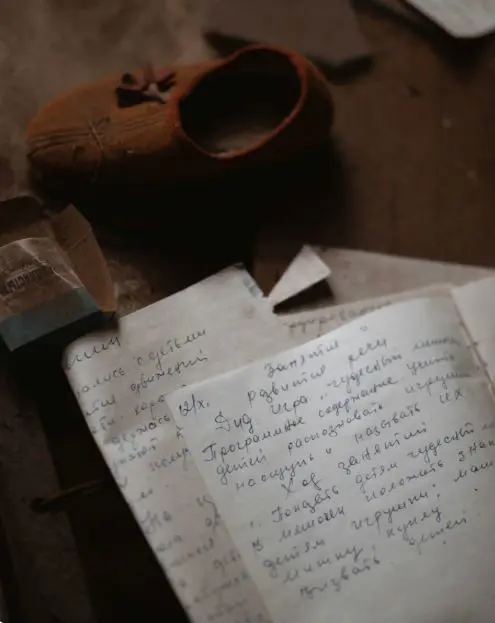Lost Teenage Diaries From Stalin’s Russia Reveal a Secret Struggle Beneath the Regime

Beneath the rigid image of Soviet strength and obedience, a group of teenage boys were scribbling down their fears, frustrations, and secret desires.
Newly uncovered diaries from Stalin-era Russia, analyzed by researchers at the University of Cambridge, offer an extraordinary window into the minds of adolescent boys growing up under one of the 20th century’s most oppressive regimes. Far from the state-approved narratives of patriotic youth and stoic resilience, these private writings reveal a different story, one of crushing pressure, emotional turmoil, and a deep hunger for normalcy.
Written in the years leading up to World War II, the diaries expose a side of Soviet life rarely documented in official history: how teenage boys struggled with everything from famine and failure to lust and loneliness.
“These were not political dissidents or famous figures,” says Dr. Juliane Fürst, who led the research. “They were just boys trying to make sense of themselves and their world, at a time when even your thoughts could be dangerous.”
The diaries span themes that feel startlingly modern: anxiety over academic performance, peer pressure, romantic confusion, and identity. Yet they're also woven through with the fear of being watched, punished, or falling short of the Soviet ideal.
One diarist, for instance, tormented himself over impure thoughts, fearing they would be seen as ideological weakness. Another described intense guilt for secretly stealing bread during the famine, torn between survival and the teachings of the state.
These young authors often wrote in code or kept multiple versions of their diaries, one for public eyes, another hidden away. The contrast between what was said and what was truly felt is striking.
What emerges is a raw portrait of youth caught in a psychological bind: expected to become the "new Soviet man", yet still deeply human, insecure, and full of conflicting desires.
Dr. Fürst’s team emphasizes how these diaries challenge the narrative that totalitarian regimes entirely control inner lives. “Even under Stalin, young people found ways to carve out mental space for reflection, rebellion, and dreaming,” she says.
The project, part of a broader exploration of everyday life in totalitarian states, reminds us that resistance isn’t always loud, sometimes, it’s just the quiet act of writing down the truth.
And perhaps most powerfully, it shows how the struggles of adolescence, craving love, fearing failure, seeking identity, are universal, even in the darkest of times.